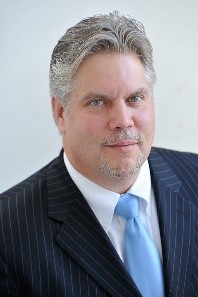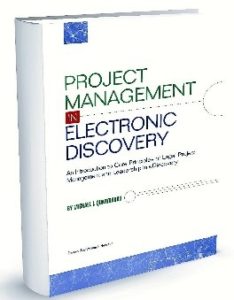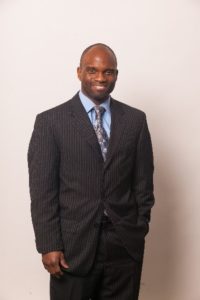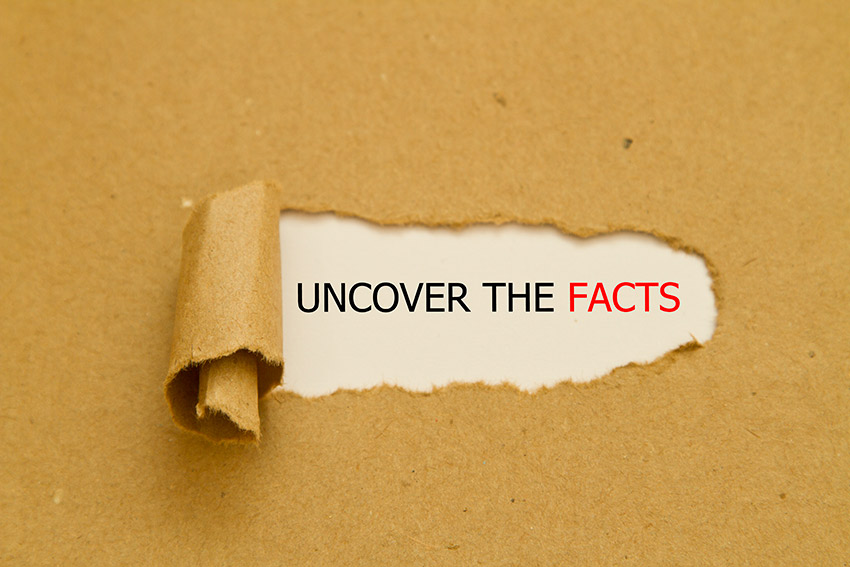As a relative newcomer to the whole CEDS certification process and exactly what it is, does, helps, etc., I thought that talking to a few CEDS certified members would not only help me, but also you. I figured that my readers could gain some valuable understanding as to why you may just want to check into getting your own certification. Without further ado…
 I first spoke with Mike Quartararo, a name well known in legal technology. Mike is currently the founder and managing director of eDPM Advisory Services, a consulting firm providing advisory services and training in e-discovery, information governance, project management and legal technology. He is also the author of the 2016 book Project Management in Electronic Discovery, the only book in the legal industry to merge project management principles and
I first spoke with Mike Quartararo, a name well known in legal technology. Mike is currently the founder and managing director of eDPM Advisory Services, a consulting firm providing advisory services and training in e-discovery, information governance, project management and legal technology. He is also the author of the 2016 book Project Management in Electronic Discovery, the only book in the legal industry to merge project management principles and  best practices in electronic discovery. Mike has decades of experience delivering e-discovery, project management and legal technology services to law firms and Fortune 500 corporations across the globe. He has worked in legal technology and litigation support at large law firms, including ten years at Skadden Arps Slate Meagher & Flom LLP, and more recently, as the firm-wide director of litigation support at Stroock & Stroock & Lavan LLP.
best practices in electronic discovery. Mike has decades of experience delivering e-discovery, project management and legal technology services to law firms and Fortune 500 corporations across the globe. He has worked in legal technology and litigation support at large law firms, including ten years at Skadden Arps Slate Meagher & Flom LLP, and more recently, as the firm-wide director of litigation support at Stroock & Stroock & Lavan LLP.
At the world of ACEDS. Mike was one of the originals, meaning that he was not only one of the first students to take the class and receive his CEDS certification, he helped write the program! Now keep in mind that he didn’t take the part of the exam that he wrote, but he did very well and of course, as one would expect, Mike received the certification with a score of over 80% correct.
The actual testing procedure is a four-hour test with 145 questions. As a side, the inaugural exam included the following 15 topics:
- Information Management and Litigation Readiness
- Project Planning
- Litigation Hold Implementation
- Collection Planning and Implementation
- Data Processing
- Data Culling
- Review Planning
- Document Review
- Data Production
- Project Management
- Legal Framework and Obligation
- International Discovery
- Ethics
- Technology
- Budgeting
Today, the CEDS certification exam probes the exact same 15 e-discovery fields, however the content continues to be updated as various laws, rules, and cases change the eDiscovery landscape.
Because Mike was someone responsible for hiring and firing, I asked him what he thought the biggest value of a CEDS certified applicant would be. He immediately responded with, and I quote, “I know what they know!” He went on to state that being CEDS certified brings a certain baseline knowledge and skill to the table which is extremely helpful in the hiring process.
When asked which portion of the exam he finds most helpful, he responded with the cross-border portion of the test, especially now in light of the…yes, I’m going to say it, the dreaded GDPR. There, it’s out. The privacy change has already been incorporated into the CEDS materials. We’re on it! Thanks, Mike for your time.
 I then spoke with Dawud Burke. Dawud has partnered with corporate and law firms for over 16 years navigating clientele through the challenges of handling electronic evidence for discovery for matters involving business and civil litigation, class actions, labor & employment, intellectual property, government investigations and other special matters. He currently manages the Central South region of Littler Mendelson as a subject matter expert and serves the legal community as the Director of Membership of the ACEDS Houston Chapter.
I then spoke with Dawud Burke. Dawud has partnered with corporate and law firms for over 16 years navigating clientele through the challenges of handling electronic evidence for discovery for matters involving business and civil litigation, class actions, labor & employment, intellectual property, government investigations and other special matters. He currently manages the Central South region of Littler Mendelson as a subject matter expert and serves the legal community as the Director of Membership of the ACEDS Houston Chapter.
Dawud was a pleasure to speak with and he had some insightful remarks as to why he took the CEDS exam. He stated that he was pursuing new career opportunities and knew that becoming CEDS certified would place his resume to the top of the heap, so to speak. Additionally, being certified increased his value amongst his colleagues and peers. He already had the experience, but the addition of the certification was key to getting the career he wanted. He also went out and obtained a Relativity Master certification. He certainly never rested on his laurels and it paid off handsomely for him.
The combination of his experience, CEDS certification, and Relativity Master certification led Dawud to his present position with Littler and his current salary is definitely reflective of the effort he had put into his profession.
When asked which portion of the exam he found most helpful, Dawud stated that he enjoyed the portion of the exam related to the Federal Rules of Civil Procedure as well as the actual discovery process. Personally, I truly believe it is critical for litigation support managers to fully understand the procedure as well as the terminology in the discovery process and Dawud agreed completely. Thanks to Dawud for his keen insight into the value of the CEDS certification and the time he took to speak with me.
Next week, I’ll be highlighting an attorney and a paralegal who took the exam for entirely different reasons. My intention in bringing these experiences to you is to give you an idea of what is possible, depending on where you find yourself. Your experience may be different. See you then.

